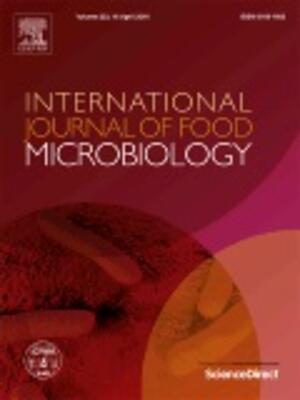
Survey methodology
Abstract
The East Africa Dairy Development (EADD) project is a regional industry development program implemented by a consortium of partners led by Heifer International. It is currently being piloted in 18 sites in Kenya, 8 in Rwanda and 27 in Uganda. The overall goal of the project is to transform the lives of 179,000 families, or about 1 million people, by doubling household dairy income in 10 years through integrated interventions in dairy production, market access and knowledge application.
This brief presents an overview of the methodology used to carry out a baseline survey for the EADD project in 2008-09. The objective of the survey was to assess the baseline situation of dairy farmers and their communities at the start of the project, and to identify key constraints faced by dairy farmers and market agents and opportunities for overcoming them through targeted project interventions. The study had three components, namely, community, household and market agent surveys. Details are available in the baseline survey report No. 1
Citation
Baltenweck, I., Gelan, A., Poole, J. and Kariuki, E. 2011. Survey methodology. East Africa Dairy Development Project Baseline Survey Brief 1. Nairobi, Kenya: ILRI.








